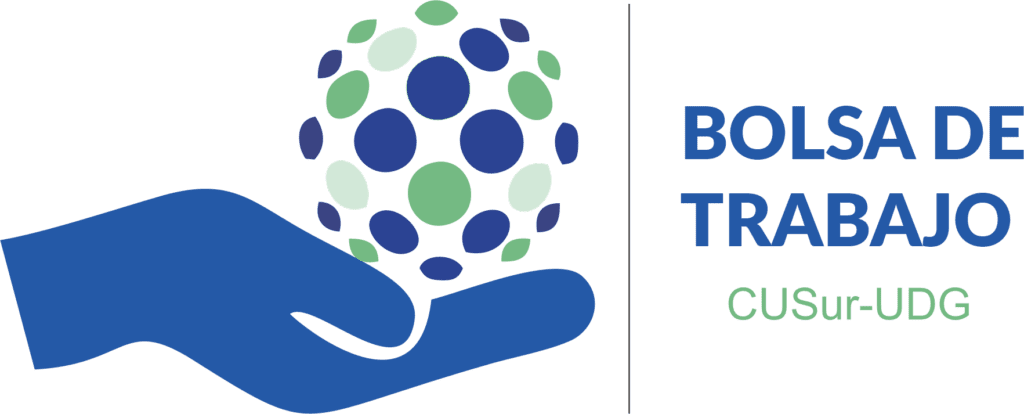
Prawo Jazdy A1 Lublin
FollowOverview
-
Founded Date julio 10, 1964
-
Sectors Cultura Física y Deportes
-
Posted Jobs 0
-
Viewed 22
Company Description
What Is Theoretical Exam Online And Why You Should Be Concerned
Theoretical Exam Online: A Comprehensive Guide
In the last few years, the educational landscape has actually transformed quickly due to technological improvements. Among the most considerable modifications is the rise of online assessments, especially theoretical tests. This article intends to provide a thorough introduction of online theoretical tests, covering their structure, benefits, obstacles, and best practices for both educators and students.

Understanding Theoretical Exams Online
Theoretical tests online are assessments developed to evaluate a student’s understanding of ideas, theories, and knowledge within a particular topic. Unlike practical exams that might require hands-on activities, theoretical examinations primarily focus on trainees’ cognitive abilities to comprehend and apply information.

The Structure of Online Theoretical Exams
Online theoretical exams can take numerous forms depending upon the university’s requirements and the topic being evaluated. Here are some common formats:
- Multiple-choice concerns (MCQs): Students choose the proper response from a list of alternatives.
- Brief answer concerns: Students supply quick responses to concerns postured.
- Essay questions: Students write detailed actions, examining, analyzing, and extending their knowledge.
- True/False questions: A straightforward format that examines understanding of factual declarations.
Table 1: Common Formats of Online Theoretical Exams
| Exam Format | Description | Example Use Case |
|---|---|---|
| Numerous Choice | Select the appropriate answer from a list of choices | Evaluating knowledge retention |
| Brief Answer | Provide short reactions to questions | Testing understanding of key ideas |
| Essay Questions | Write in-depth reactions needing analysis and synthesis | Assessing critical believing abilities |
| True/False | Indicate if statements are accurate or not | Quick evaluation of factual knowledge |
Advantages of Online Theoretical Exams
The shift to online assessments includes several benefits, including:
- Flexibility: Students can take tests at their own speed and preferred place within the provided timeframe.
- Immediate Feedback: Many online platforms offer instant grading, allowing students to understand their efficiency almost right away.
- Resource Accessibility: Students typically have access to numerous resources throughout the exam, which can enhance their learning experience.
- Decreased Administrative Burden: Educators can automate grading and analysis, lowering the logistics involved in traditional paper-based examinations.
Challenges of Online Theoretical Exams
While online theoretical examinations offer various advantages, they also present potential challenges:
- Technical Difficulties: Internet connectivity issues or platform failures can prevent students’ ability to take examinations.
- Preserving Academic Integrity: Ensuring that students do not engage in dishonest practices, such as unfaithful, is a substantial concern.
- Absence of Personal Interaction: Online assessments can often feel impersonal, Prawo Jazdy Kat B+ (Http://116.198.231.162) making it necessary to develop a helpful environment.
- Assessment Design: Crafting efficient online evaluations can be challenging, as teachers should consider numerous learning designs.
Best Practices for Conducting Online Theoretical Exams
Both teachers and trainees can take advantage of implementing specific techniques to boost the online exam experience:
For Educators
- Select the Right Platform: Select a dependable and easy to use assessment platform that fulfills the institution’s needs.
- Design Clear Instructions: Provide basic, simple standards about the exam format, timing, and rules to avoid confusion.
- Utilize a Variety of Question Types: Incorporate different formats (MCQs, essays, and so on) to assess different aspects of student learning.
- Conduct Practice Exams: Offer trainees the opportunity to take practice tests to acquaint themselves with the online format and reduce stress and anxiety.
For Students
- Prepare Thoroughly: Engage in thorough study practices to make sure a strong understanding of the material, rather than relying exclusively on resources throughout the exam.
- Test Technical Equipment: Prior to the exam, examine your computer, internet connection, and software to avoid potential problems.
- Create a Conducive Environment: Choose a quiet space devoid of distractions for the exam, and make sure all essential products are on hand.
- Handle Time Wisely: Keep track of the time during the exam and rate yourself to guarantee all concerns can be resolved effectively.
Frequently Asked Questions About Online Theoretical Exams
Q1: Are online theoretical examinations easier than traditional tests?
A1: Ease of examinations depends upon different aspects, such as the exam style, the kind of questions, and private trainee preparation. Some may find online exams less intimidating due to the environment, while others might deal with prospective diversions.
Q2: How can organizations make sure scholastic stability during online exams?
A2: Institutions can execute measures such as utilizing proctoring software, randomizing question orders, and creating a special set of exam concerns for each student.
Q3: What should I do if I experience technical troubles throughout the exam?
A3: If any issues occur throughout the exam, immediately inform the instructor or technical support. Institutions ought to have protocols in place to handle such scenarios.
Q4: Can resources be utilized during online theoretical exams?
A4: This depends on the guidelines set by the teacher. Some organizations may permit open-book exams, while others may forbid outdoors resources.
Q5: How are online theoretical examinations graded?
A5: Online exams are generally graded instantly by the examination platform for objective concern types (like MCQs), while essays and short responses might need manual evaluation by teachers.
Theoretical tests online have revolutionized evaluation techniques in the classroom, supplying versatility and effectiveness to both instructors and trainees. By comprehending the formats, benefits, and obstacles, and by implementing best practices, stakeholders can effectively navigate the landscape of online theoretical evaluations. As education continues to welcome technology, refining these evaluations will be crucial for future academic success.
